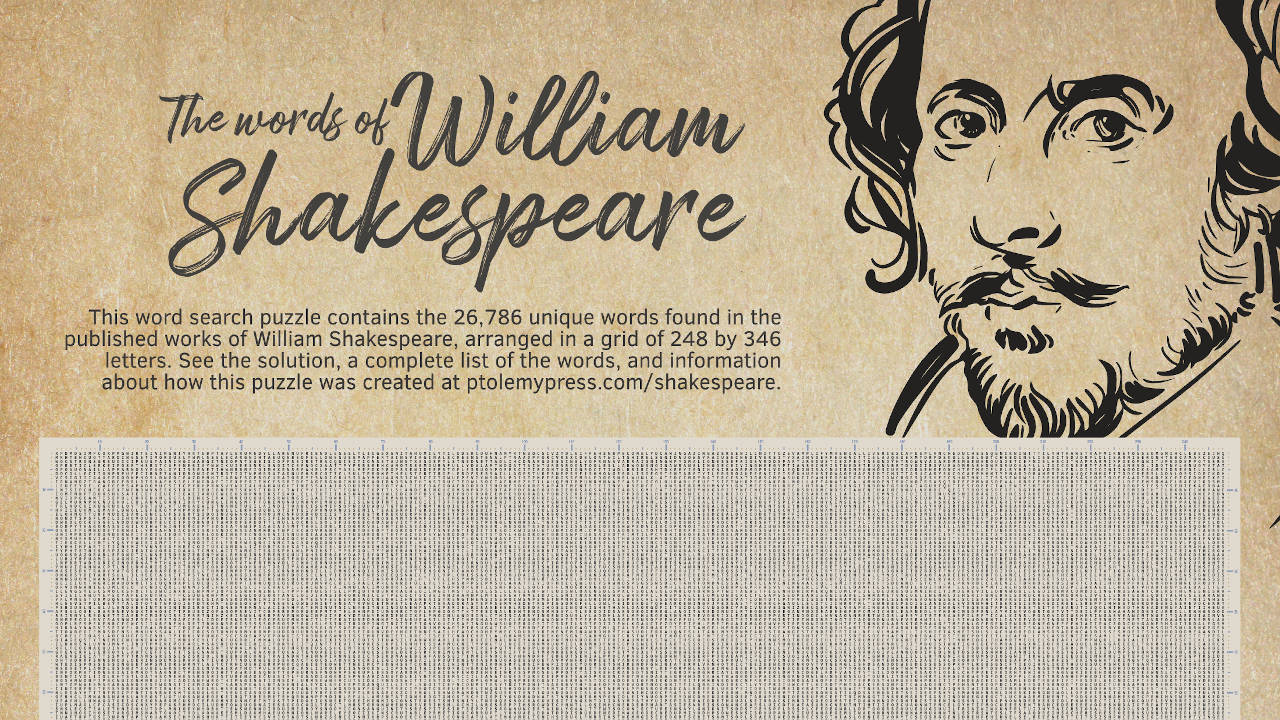A colleague gave us a $100 gift certificate for Digital Ocean, provider of cloud computing and storage. The certificate was good for 60 days — use it or lose it.
Our first use of the gift certificate was to set up a virtual server for some of my wife’s domains. That server has been humming along nicely, serving six domains, two of which are WordPress sites. That cost only $7 per month, so we still had a large balance on the gift certificate. We’ll continue paying for that server even after the gift certificate expires.
Next we created another virtual server and installed an open-source photo organizing application, but it was so confusing to use that we deleted that server after just one day.
We created another virtual server and installed video conferencing software for my wife to use for business purposes, but within ten minutes it became clear that it didn’t meet her needs, so we deleted that server.
We only had a few weeks left to think of some way to use the rest of our $100 cloud computing gift certificate.
Several years ago I experimented with algorithms to create word search puzzles. They required a lot of CPU resources back then, so I thought I’d try making a large enough puzzle to keep a server busy for a while. Perhaps we could make a huge novelty puzzle that we could sell.
I extracted a vocabulary list of Shakespeare’s works from Gutenberg.org and discovered that it only took a few minutes for my laptop to generate a puzzle from those 26,000 words without any additional CPU resources. My wife converted the puzzle into a marketable poster, I made a video advertisement for it, and it’s now available for sale on ptolemypress.com.
We still had time left on that Digital Ocean gift certificate. I knew that my algorithm for generating word puzzles gets exponentially slower for longer word lists, so I thought we might keep some servers busy if we just had enough words. I found a huge list of 163,000 city and place names at geonames.org, and that did take a few hours of CPU time to create a puzzle.
We had up to three Digital Ocean servers simultaneously generating puzzles from the list of city and place names. Each server tried to fit the words into a different size of letter grid. Each attempt took about seven hours; sometimes the algorithm finished, other times it aborted after failing to fit all the words.
In the end, it was my own laptop that succeeded in fitting all the words into the smallest size letter grid, so we didn’t use the results from the cloud servers after all.
We did, however, end up with what we think is the world’s largest word search puzzle.
My wonderful wife converted the raw text file of letters into a printable poster. Together we wrote an article about how we made the puzzle. I created a PDF of the article using LaTex and she created a pretty WordPress page from that. Together we printed the puzzle on letter-size sheets and taped them to a wall.
She liked the idea of applying to the Guinness Book of World Records, so we’re pursuing that, a process that will span several months.
We still have a balance of $83.90 on our Digital Ocean gift certificate that will expire in one week, and no more ideas on how to spend it.
And that’s the story of how we got involved in word puzzles.
